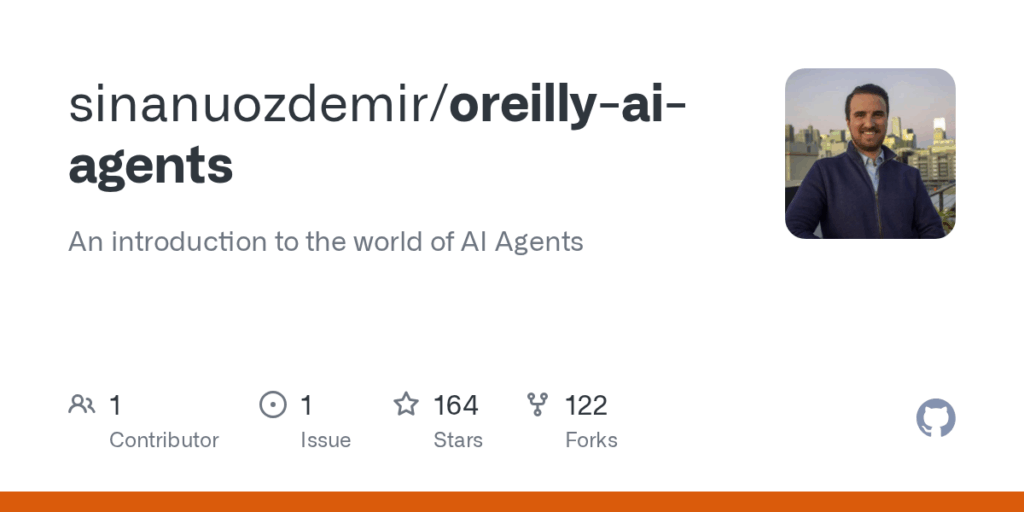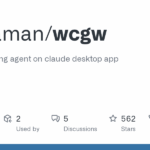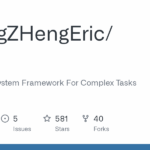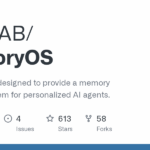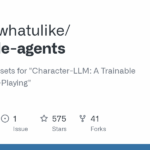oreilly ai agents
Basic Information
This repository contains the code and notebooks that accompany an O'Reilly live course and video series titled AI Agents A-Z and Modern Automated AI Agents. It is intended as a practical, hands-on companion for learners who want to understand, implement, evaluate, and deploy AI agents from prototypes to production. The content walks through foundational concepts and more advanced agent paradigms while demonstrating multiple third-party frameworks and tools. The README documents setup instructions requiring Python 3.11 and how to run Jupyter notebooks. The collection includes introductory examples for frameworks such as SmolAgents, CrewAI, Autogen, OpenAI Agents and Swarm, LangGraph, and shows how to build a simple custom framework. It also contains notebooks on evaluation, bias analysis, plan-and-execute and reflection agents, and notes about deployment examples like Streamlit.

